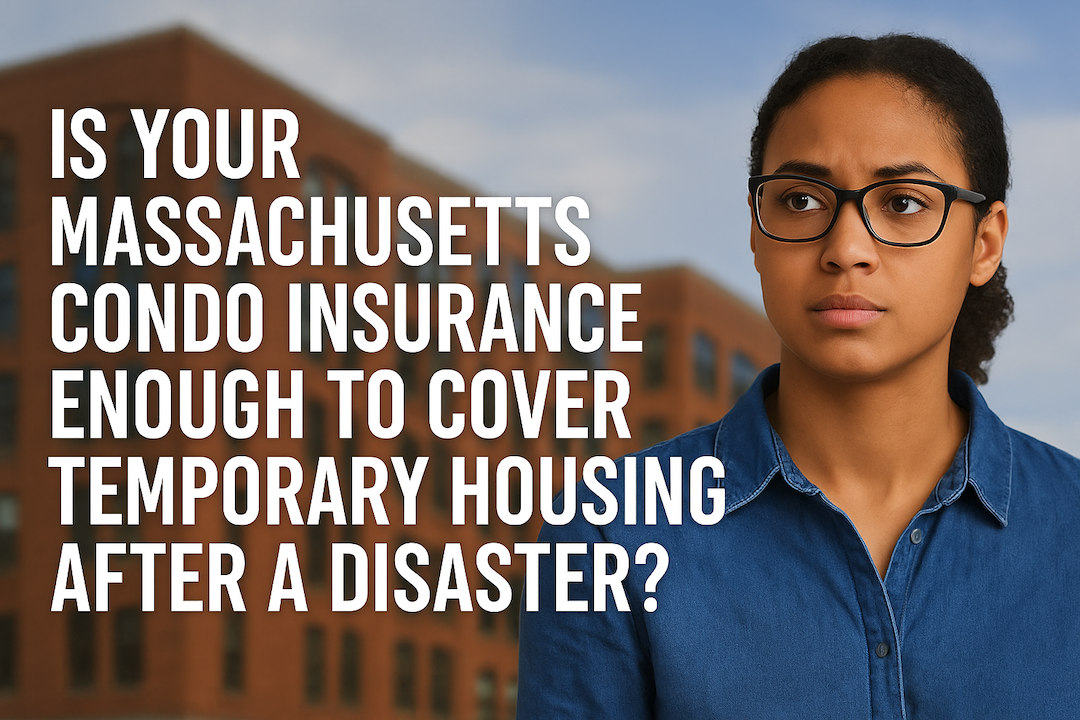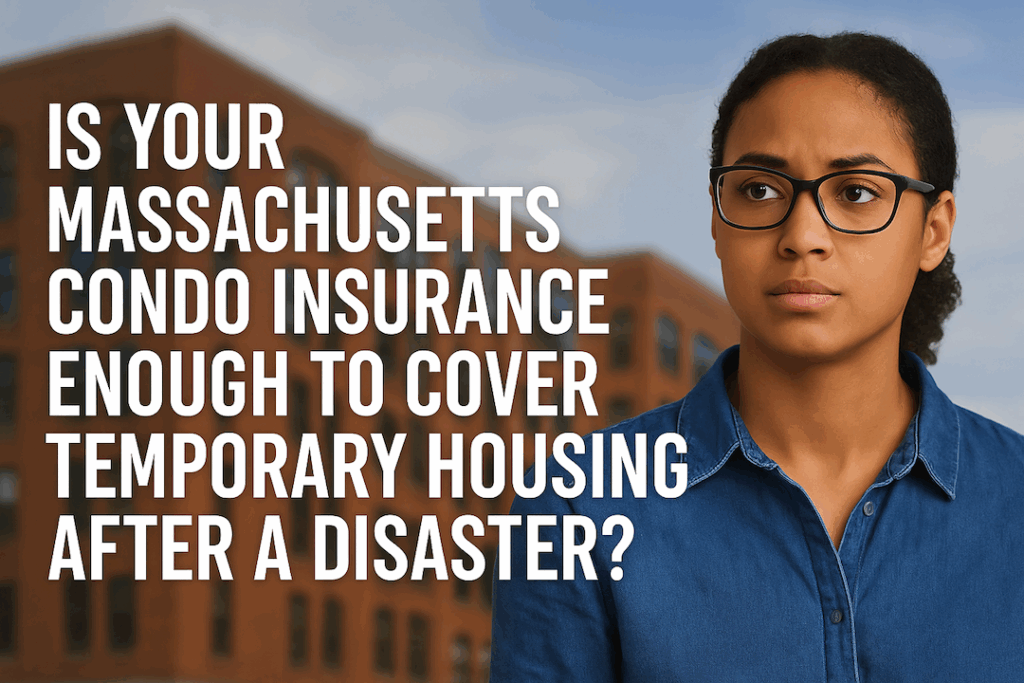The Perfect Time to Get Home Insurance Nobody Tells You About?

As a real estate professional, you play a key role in ensuring your clients are set up for success—not just with their new home but also with proper insurance coverage. Below is a simple, actionable guide to help you support your home and condo buyers through the insurance process.
Recommend They Start the Insurance Process Early
Many buyers wait until the last minute to secure homeowners or condo insurance, which can lead to delays at closing. Encourage your clients to:
- Request an insurance quote as soon as they go under contract
- Compare coverage options and costs early
- Share the necessary documents with their lender well before final underwriting
Key Information Buyers Will Need for an Insurance Quote
To generate an accurate quote, buyers should have the following:
- Legal name that will appear on the deed
- Property address
- Date of birth
- Current residential address
- Pet information (certain breeds may impact policy eligibility)
- Best contact phone number
Work with an Independent Insurance Broker
Independent brokers have access to multiple carriers and can:
- Compare rates and find the best value
- Customize coverage for unique properties
- Assist with challenging cases like older homes, flood zones, or coastal areas
Our agency partners with top-rated insurance providers and helps homebuyers get the right coverage quickly and easily.
Ensure Buyers Understand the Coverage They Need
Many first-time buyers assume a basic homeowners policy is enough. Here are a few things they should consider:
- Flood Insurance: Not included in standard policies. Required in flood zones.
- Condo Master Policies: Buyers need to understand what’s covered by the condo association and what they’re responsible for.
- Wind & Hurricane Deductibles: In high-risk coastal areas, these may require separate deductibles.
Pro Tip: If the home has an older roof (15+ years) or is in a high-risk area, coverage might be harder to obtain—or more expensive. Make sure buyers investigate this early.
Help Buyers Avoid Common Insurance Issues
Be sure your clients are aware of these often-overlooked situations:
- Vacant Homes: May require a special policy until the buyer moves in.
- Short-Term Rentals (Airbnb, VRBO): A standard homeowners policy won’t cover rental activity. Buyers need a landlord or short-term rental policy.
- HOA Requirements: Some condo associations require specific liability limits. Buyers should confirm this before purchasing a policy.
Provide Buyers with a Trusted Insurance Contact
Instead of sending clients to shop on their own, connect them with an insurance expert you trust—someone who can walk them through the process and ensure nothing gets overlooked.
Need an insurance partner for your buyers?
We’re here to help. Send them our way, and we’ll take care of the rest.
Quotes Team
Vargas & Vargas Insurance
📧 Quotes@vargasinsurance.com
🌐 vargasinsurance.com
We work with top insurance carriers and specialize in helping home and condo buyers get the right coverage at the best rate.
By following these best practices, you can help ensure your buyers secure the right insurance coverage, avoid closing delays, and move into their new homes with peace of mind.






























